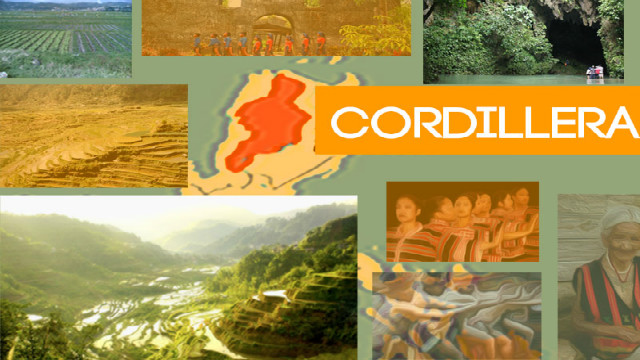BAGUIO CITY – As the Cordillera Region will be going to celebrate July as the Cordillera month, still the dream of an autonomous region still remain as a dolream as the people await that the autonomy bill that is supposed to be drafted from the real cravings of the peopl be finally enacted into law depending on the actions of the government and the legislative initiatives of the Cordillera House Representatives.
The Cordillera Autonomous Region (CAR) was established in July 15, 1987 comprising the provinces of Mountain Province, Ifugao, Benguet, Abra, Kalinga and Apayao as well as the cities of Baguio and Tabuk. Almost all of the residents of the region are indigenous peoples (IPs) generally called Igorots (people of the mountains).
The quest for an autonomous region started from the struggle of the IPs of the Cordilleras in defense of their land, life, livelihood and ancestral lands. Their fight against the Chico River Dam Project and the Cellophil Logging Resources during the rule of the dictator Ferdinand Marcos draws local and international support as the people raised their protest to joining the armed struggle being waged by the Communist Party of the Philippines – New Peoples Army- National Democratic Front (CPP-NPA-NDF). The fight to defend the Cordillera homeland was carried by the Cordillera mass movement that gave birth to progressive peoples organization and organizations like the Cordillera Peoples Alliance (CPA). The next administration after the fall of Marcos recognized these organizations. This led in the inclusion of their right to autonomy in the Philippine Constitution.
National Economic Development Authority (NEDA) Regional Director and Cordillera Regional Development Council (RDC) Vice-Chairperson Milagros Rimando said that for the past years, they have been convening with all the stakeholders from the private institutions, non-government organizations, advocacy groups and public in gathering inputs on the ground in drafting the organic law. She said these have been adopted by the congressmen of each province in filing House Bill proposals as they acknowledged them as the products of the collective efforts of the Cordillerans. She added that many people, agencies and groups exerted efforts in the information and education campaign (IEC).
Rimando said that the drafting committee for the Autonomous Region of the Cordillera Organic Law met in a workshop to further consolidate inputs especially the new ones from various groups and sectors. She said this was done with high hopes that the Cordillera representatives will adopt the draft in filing a new bill in the Congress.
According to Rimando, they were slightly dislightened on the acceptance of Baguio City Lone District Representative Mark Go on the draft of the RDC on the Organic Law for the establishment of an Autonomous Cordillera. She revealed that the congressman told them that he cannot promise that he will adopt the drafts and recommendations of the RDC when he will file his own bill. However, she said they will respect him for his decision.
Rimando said they still hope that the other congressmen of the provinces of the Cordillera will remain positive in the efforts of the various sectors and groups.
By Joseph Gregorio













